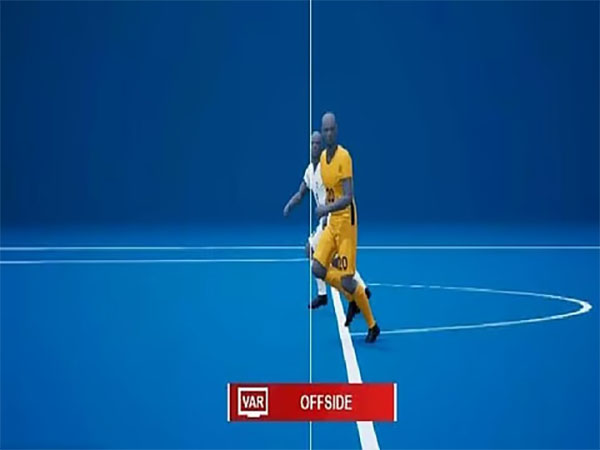
PREMIER LEAGUE TO INTRODUCE SIMI-AUTOMATED OFFSIDE TECHNOLOGY


Photo Credit: Getty Images Victory in the Europa League final would not be enough to redeem...
Photo Credit: Getty Images Manchester City have established a permanent tribute to Kevin De Bruyne...
Photo Credit: Getty Images Crystal Palace extended their winning run in home meetings against...
Photo Credit: Getty Images Leicester City may be penalized with a points deduction in the future...
Photo Credit: Getty Images Gary Lineker, the BBC’s highest-paid presenter, will step down from his...
Photo Credit: Getty Images Chelsea head coach Enzo Maresca is set to remain in charge of the team...
Photo Credit: Getty Images Manchester United manager Ruben Amorim has made it clear he has no...
Photo Credit: Getty Images Manchester United's struggles have reached a critical point, with...
Photo Credit: Getty Images Barcelona moved closer to securing the league title after mounting a...
Photo Credit: Getty Images Aston Villa won their seventh Premier League game in eight as they beat...
Photo Credit: Getty Images In what has been football's worst kept secret, Xabi Alonso has informed...
Photo Credit: Getty Images Manchester United set up an all-English UEFA Europa League (UEL) final...